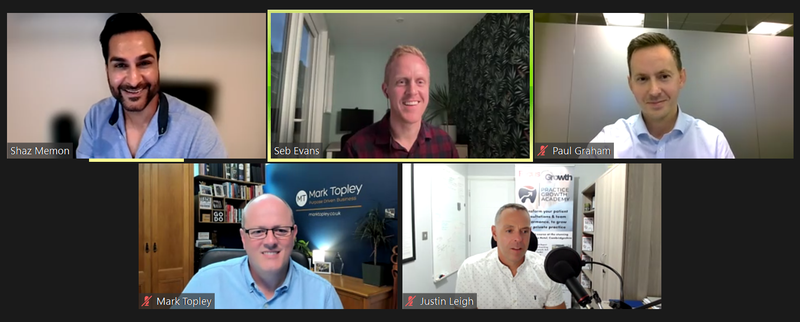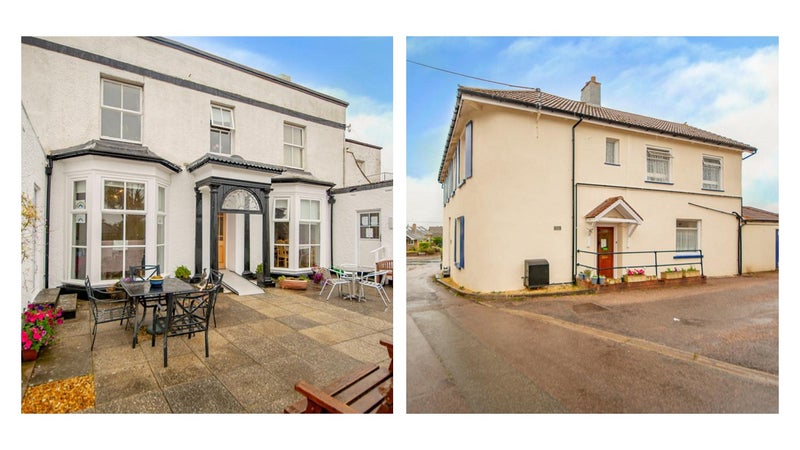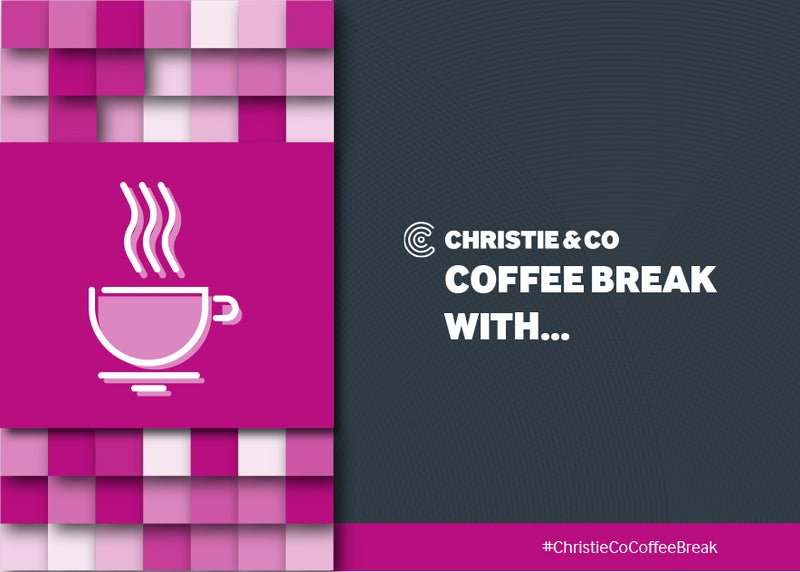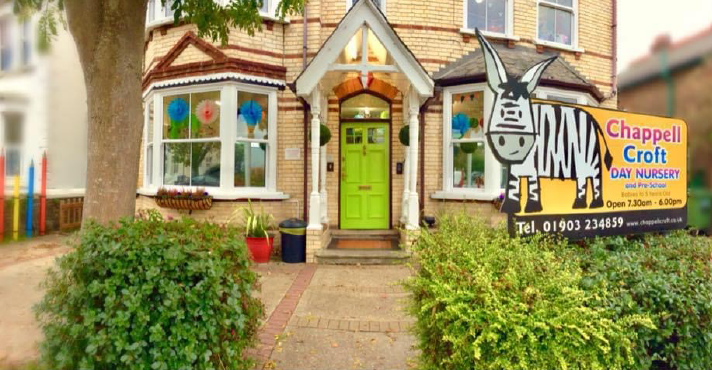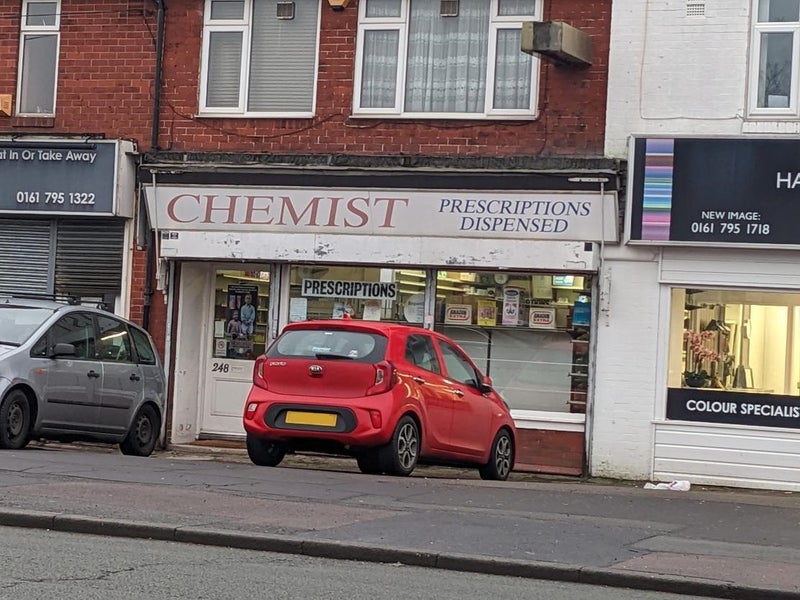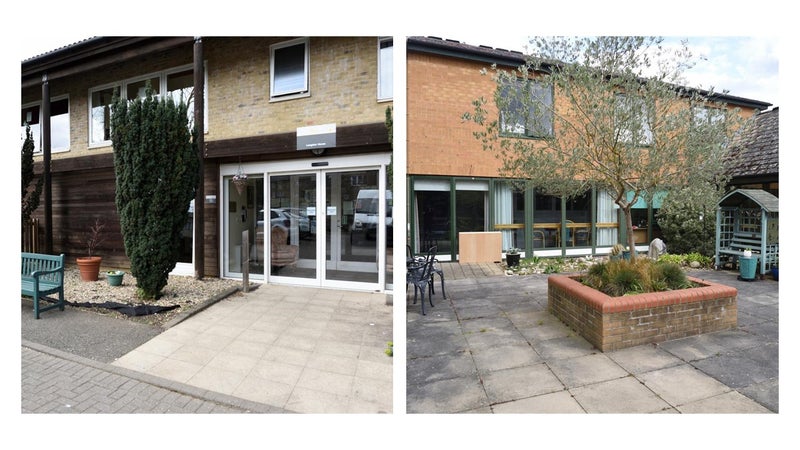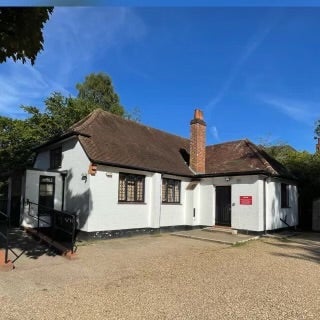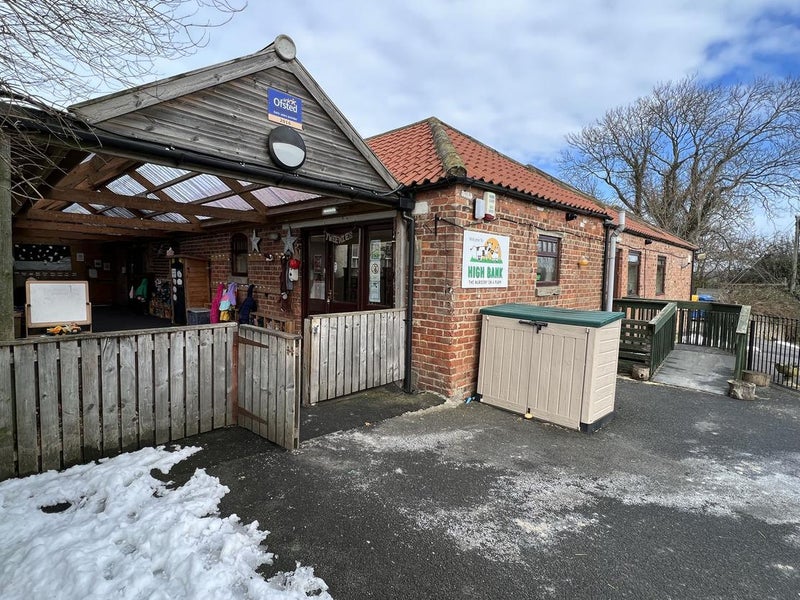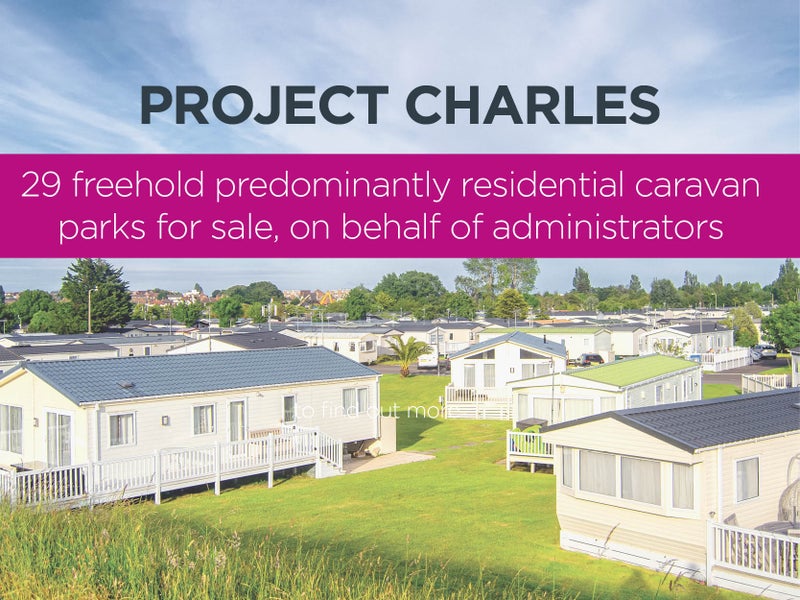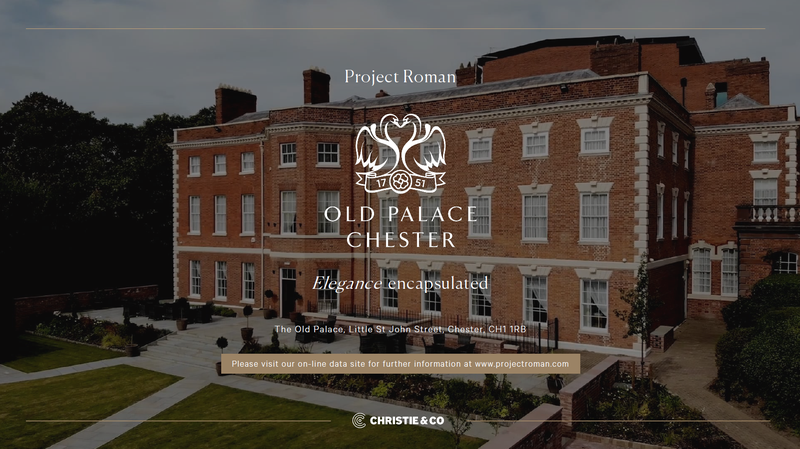Scottish hotel market proving resilient despite political uncertainty
Ken Sims, Director in Christie & Co's Edinburgh office, discusses the hotel market in Scotland approaching the end of the third quarter.
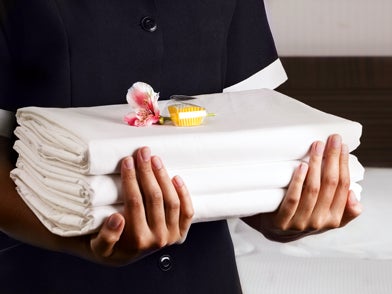
Due to the uncertainty in the air regarding a second referendum over Scotland’s independence, the hotel market in the region remains subdued towards the end of the third quarter.
This is largely reflected in the stock levels of quality hotels on the market currently as well as the changing buyer profiles. Traditionally, before the announcement of the first Scottish referendum in 2014, 75% of purchasers came from south of the border. This has since dropped and the continued uncertainty stemming from Nicola Sturgeon’s proposals following the announcement of Brexit continues to make southern buyers wary.
The corporate market remains buoyant however, particularly in Edinburgh and Glasgow. For every 100-bed hotel that comes to the market, there are half a dozen buyers which forces prices up so sellers are reaping the rewards.
Similarly, the Scottish regional market continues to be strong with high demand for commercial hotels with good food and beverage businesses as well as accommodation, such as the Station Hotel in Carnoustie which Christie & Co sold recently. There appears to be strong demand from both domestic buyers as well as overseas investors for properties like these.
With regards to buyer profiles, overseas investors continue to be attracted to Scotland due to its good communications, strong tourist sector and prices lower than they would pay in England still with a good return. There is particularly positive demand for country house style hotels from overseas buyers. Also 70+bed hotels such as the Glenburn on the Isle of Bute which Christie & Co sold over the summer to a Malaysian investor are in demand, demonstrating that Asian investors in particular are moving their sights away from London and other prime locations such as Stratford and Cambridge and looking to invest in areas further afield.
Regional operators are also taking advantage of the low interest rates to acquire additional sites across the country – particularly across the central belt of Scotland, while Aberdeen is continuing to feel the weight of issues in the oil sector. However, this is generally thought to have bottomed and is now looking up.
The budget hotel sector has boomed, most notably in Edinburgh. The most up to date AM:PM data supports that this is the case, with Premier Inn showing to have 376 active projects in the pipeline and Travelodge with 191. The midmarket hotel groups have no plans to add any rooms to their portfolios at present and the only upmarket brand with any potential plan to do this is Hilton, showing that on these levels the market is sitting stagnant reflecting the uncertainty.
Operators who have invested in their products have reaped the rewards from healthy returns. There have been high visitor numbers recorded in the nation over the summer which has helped the sector hugely, looking to be a big improvement on last year.
As the prospect of the second referendum still hangs in the balance, the market is likely to continue along these lines into the near future. Time will tell and this will be watched closely.
